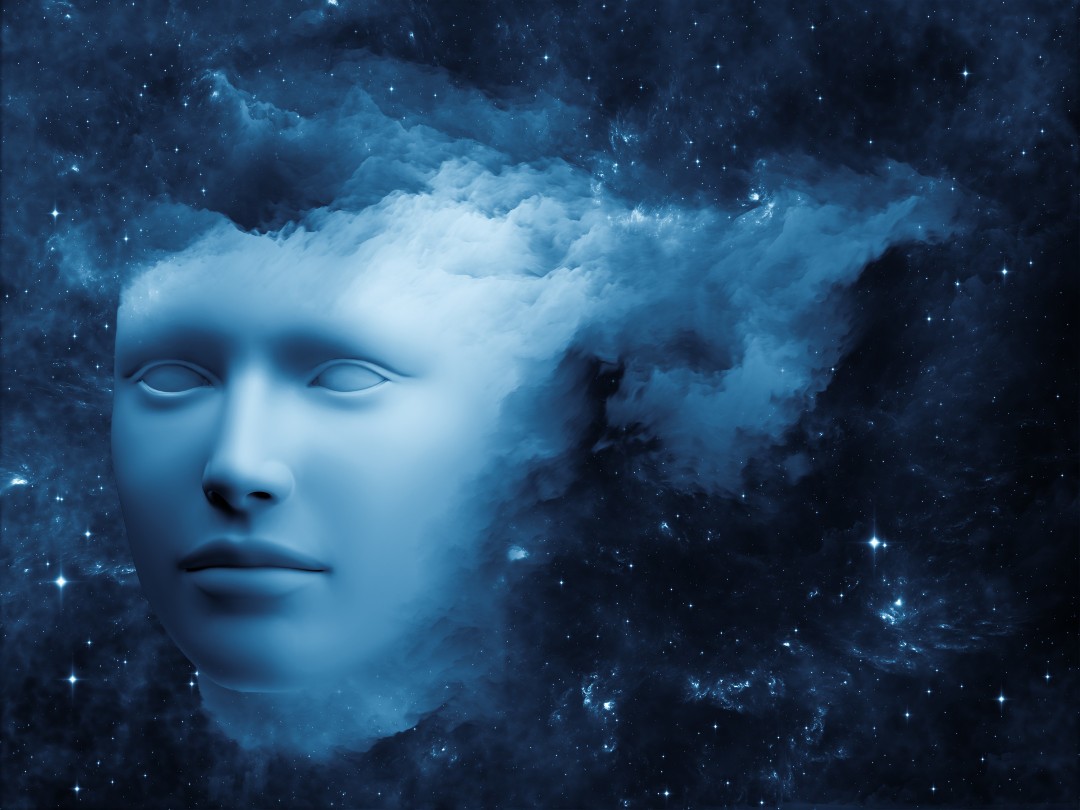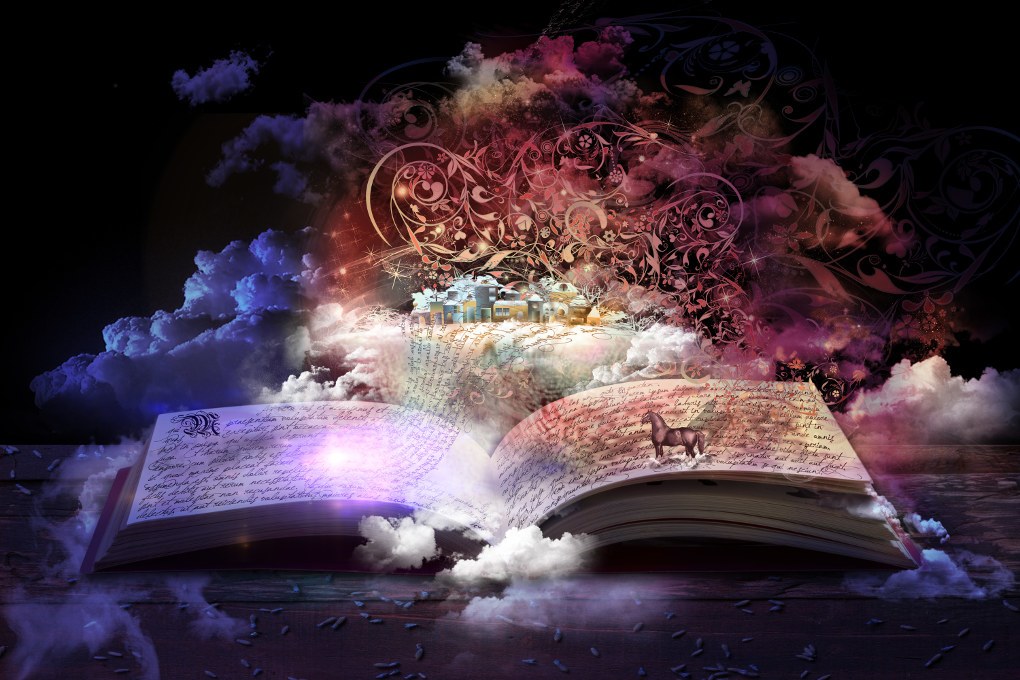Lady of the Stars

The Lady of the Stars found her when she was only an infant, an orphaned ball of molten rock hurtling through the cosmos. She adopted her. Nursed her. Nurtured her. She named her Earth. And in the eons that followed she thrived. Mountains sprang forth from her surface like newly germinated flowers. Water condensed, pooled, bulged into vast sprawling oceans.
And perhaps Earth’s most important accomplishment: life. First were born the amino acids. Then the single celled organisms. Then the plants and animals. Each form was more complex than the last, and each was assembled under the expectant gaze of The Lady of the Stars. Soon the planet teemed with life. And finally, Earth’s crowning achievement: humanity.
Humans. Her daughter’s children. The Lady swelled with pride. She loved them as her own, spoiled them with all they could ask for and more.
There was peace.
But the Lady had sisters, and they were jealous, for they were barren and could have no children of their own.
“I’m like you,” she protested when they confronted her. “Earth was not my own. I adopted her. Can you not scour the cosmos for your own adopted children?”
But they were too consumed by their hatred to hear her words. Instead they bound her, cast her outside the boundaries of space and time. Earth became distressed, torn by the competing interests of the Lady’s sisters. Humans mirrored their divisions and formed divisions of their own. There were wars. People died. Earth rumbled in pain.
The Lady, hearing her daughter’s distant cries, was overcome by grief. She broke the chains that bound her, and today she runs toward her child, toward her grandchildren.
Will she come too late?
Enter your email address and click "Submit" to subscribe and receive The Sign.
